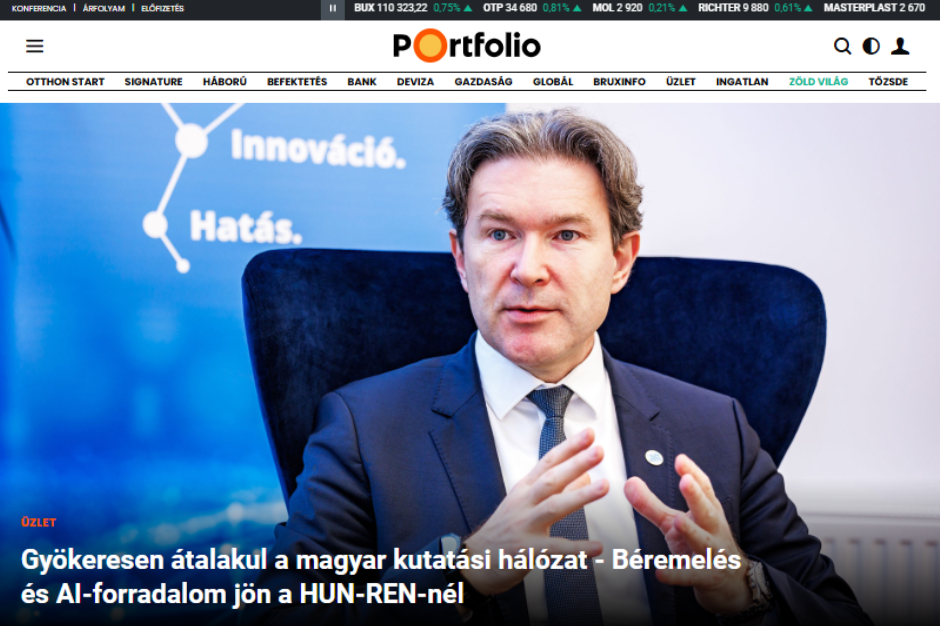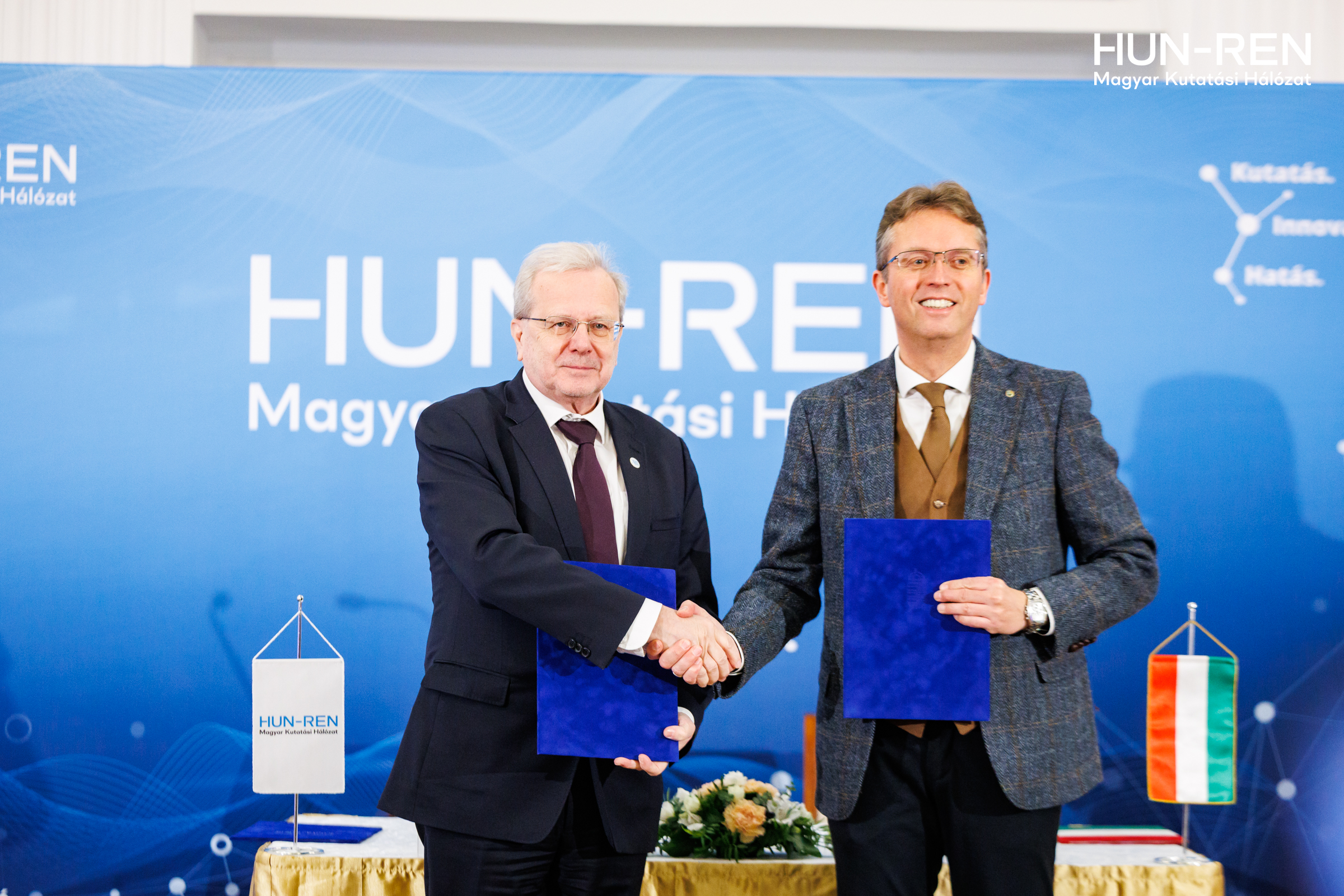"We Need People Who Want to Change the World"
Renowned researchers and experts from prestigious international institutions participated in the 5th HUN-REN Strategic Workshop, sharing decades of experience from their respective organisations. The speakers presented exemplary cases from their fields of expertise.
Michael A. Cusumano, former Deputy Dean of the MIT Sloan School of Management, highlighted five core principles from his university for the HUN-REN audience to consider. First and foremost, he emphasised the importance of good leadership—both within universities and on the government side—to ensure effective collaboration. He also included other key actors in the ecosystem, noting that 'in discussions about entrepreneurship, we often forget that people are also essential.' Cusumano underscored the role of creative actors who are willing to take risks. Finally, he stressed the importance of those providing financial support.
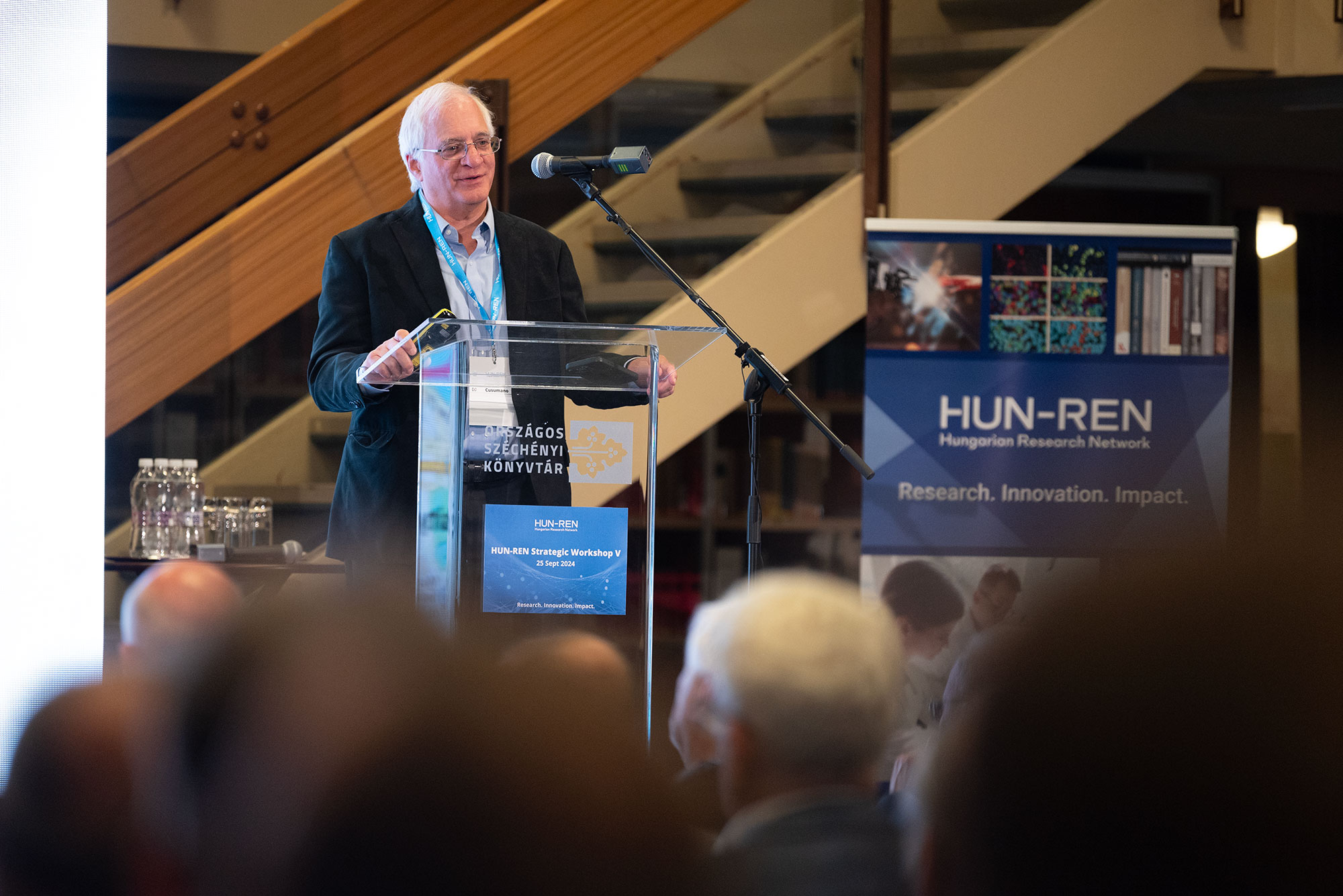
According to the former Deputy Dean, it is not only the funding from governments and universities that is needed but also private venture capital and corporate financing. 'Large companies possess extensive expertise, have a deep understanding of their customers, and, not least, provide a market for start-ups,' Professor Cusumano reminded the audience.
"It is also important to have ideas and to be able to test and implement them. Furthermore, the skills required to do this must be taught. In the spirit of Steve Jobs, we need people who want to change the world," Cusumano emphasised, adding that the MIT Business School operates as a research enterprise, with 44% of its revenue coming from sponsored research. Only a portion of this funding comes from government sources, while the majority is industry-related.
Following the representative of MIT, Dr Paul Seabright, Deputy Director of Cambridge Enterprise—the innovation organisation of the University of Cambridge—provided an overview of the functioning of the university's innovation ecosystem.
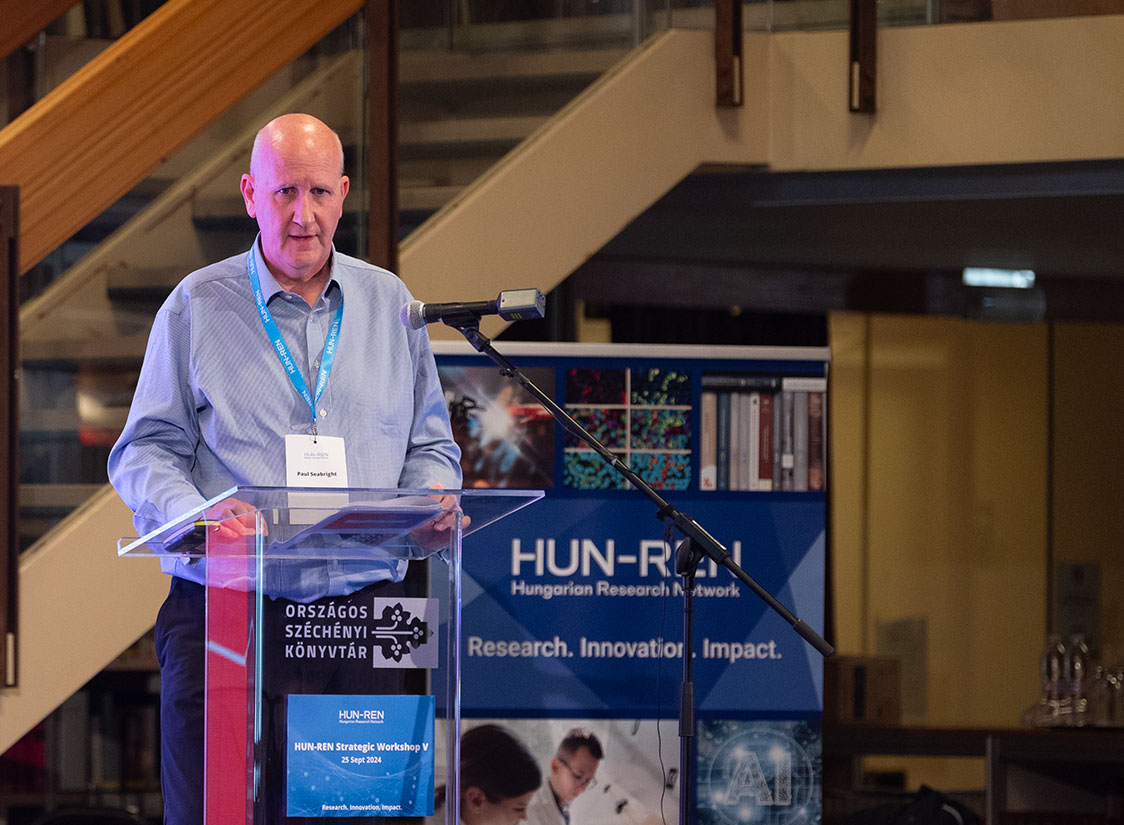
"As one of the oldest universities in the world, the University of Cambridge is home to many major technological innovations, inventions, and discoveries—such as the jet engine, artificial insemination, and genome sequencing. The utilisation of the university's research contributes tens of billions of pounds to the UK economy each year."
Dr Seabright explained that their institution's primary mission is to facilitate utilisation through the application of market mechanisms, aiming to achieve globally significant social impact and economic return. Its activities, which are optional for university staff, include supporting researchers and academics in identifying commercialisation opportunities for their inventions, providing business development consultancy, and facilitating access to funding and resources. Cambridge Enterprise manages the university's proprietary intellectual property assets and allocates the resulting income to university departments and individual inventors according to established principles.
Another key actor in the university's innovation ecosystem is Cambridge Innovation Capital, a venture capital fund that invests in spin-off companies based on patents developed from university research. The company primarily focuses on financing enterprises in the fields of cutting-edge technology (deep tech) and life sciences.
Three researchers from HUN-REN SZTAKI provided insights into the scientific and research applications of AI. András Benczúr, head of the SZTAKI Artificial Intelligence Laboratory, presented several significant Hungarian scientific publications reporting results achieved using AI. He also introduced the sub-projects of the Artificial Intelligence National Laboratory, coordinated by SZTAKI.
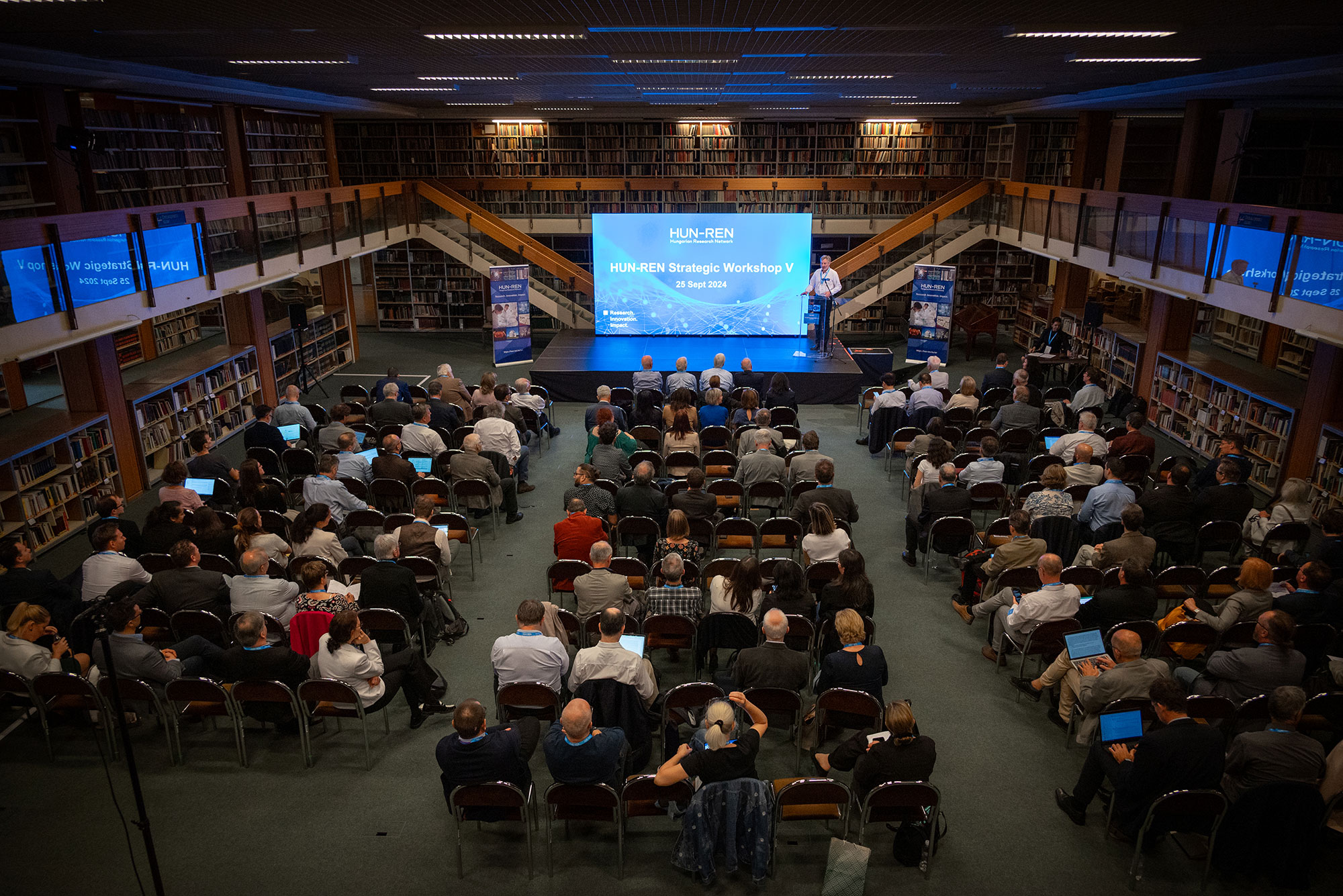
In his presentation, András Benczúr also outlined the key pillars of HUN-REN's newly launched comprehensive AI research support programme, AI 4 Science, and, with the assistance of his colleagues Noémi Friedman and Csaba Kerepesi, showcased several existing AI application areas.
SZTAKI researchers carry out AI-assisted scientific work in the fields of astronomy, mathematics, network research, and defence applications. They use machine learning to solve problems in engineering, manufacturing technology, telecommunications, and the energy sector. He also reported that HUN-REN researchers have used AI to uncover previously unrecognised connections in the process of biological ageing.
Read our summary of the presentations by HUN-REN leaders at the 5th HUN-REN Strategic Workshop here.
